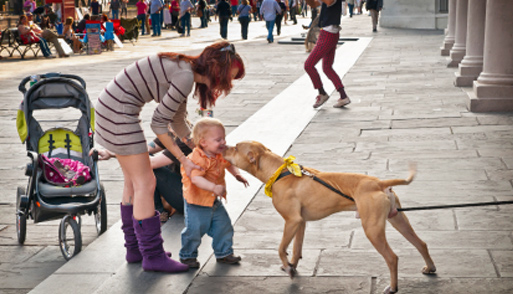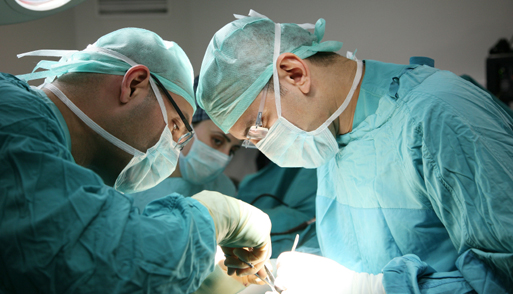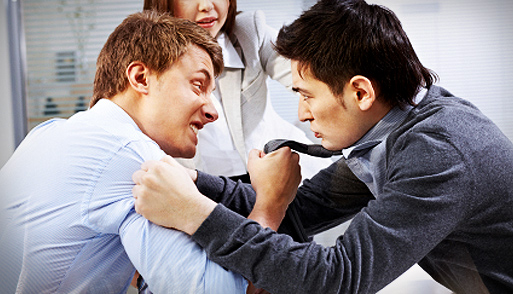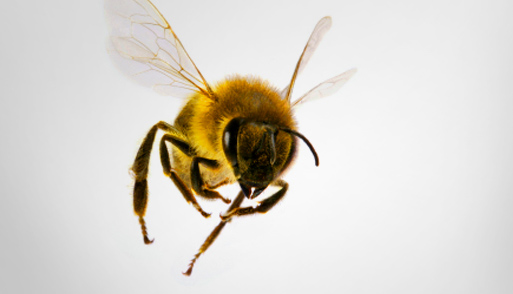Your “Just in Case” Insurance
[vc_row css_animation="" row_type="row" use_row_as_full_screen_section="no" type="full_width" angled_section="no" text_align="left" background_image_as_pattern="without_pattern"][vc_column][vc_column_text] I used to get made fun of as a kid. I was the one who came to school with a backpack as big as I was, filled to its capacity with school supplies. From pencils to gauze pads (just in case my pencil slipped when writing notes and I cut my hand, of course), I had it all tucked nicely into my scoliosis maker.
I blamed it on my mom. I told my snickering peers that she was overprotective and I had to lug around my “just in case” bag to keep her off my back. But really, it was all me. I was the epitome of a boy scout – always prepared no matter what situation I was in. It was in my blood and still is.
I used to get made fun of as a kid. I was the one who came to school with a backpack as big as I was, filled to its capacity with school supplies. From pencils to gauze pads (just in case my pencil slipped when writing notes and I cut my hand, of course), I had it all tucked nicely into my scoliosis maker.
I blamed it on my mom. I told my snickering peers that she was overprotective and I had to lug around my “just in case” bag to keep her off my back. But really, it was all me. I was the epitome of a boy scout – always prepared no matter what situation I was in. It was in my blood and still is.
27 April, 2012

 In medicine, we hear a lot about preventative care. In matters of asset protection, doctors would do well to follow their own advice. Physicians should prevent their assets from becoming vulnerable to a frivolous lawsuit. Being sued leaves much more at risk than a medical practice. Injured parties are seeking compensation for injuries received and in many cases a civil action against the physician to prevent further malpractice by the medical professional. Personal assets of the physicians are always looked at as a possible means of receiving compensation.
Personal assets come into play in one of two ways:
In medicine, we hear a lot about preventative care. In matters of asset protection, doctors would do well to follow their own advice. Physicians should prevent their assets from becoming vulnerable to a frivolous lawsuit. Being sued leaves much more at risk than a medical practice. Injured parties are seeking compensation for injuries received and in many cases a civil action against the physician to prevent further malpractice by the medical professional. Personal assets of the physicians are always looked at as a possible means of receiving compensation.
Personal assets come into play in one of two ways:

 In a prior job, I used to share a cubicle with a guy who hated everything. I wish that this were an exaggeration.
This guy, who we’ll call Steve (because his name was Steve) was quicker to express a negative sentiment than the Grinch (and he was also slightly hairier). Steve was very unpleasant to be around, and was always pushing the limits of the company rules.
And then, one day, he pushed too hard, and he was fired. He stormed out of the office, threatening to sue everyone he saw, and then he was gone.
We’ve all got that co-worker. You know whom I’m talking about.
In a prior job, I used to share a cubicle with a guy who hated everything. I wish that this were an exaggeration.
This guy, who we’ll call Steve (because his name was Steve) was quicker to express a negative sentiment than the Grinch (and he was also slightly hairier). Steve was very unpleasant to be around, and was always pushing the limits of the company rules.
And then, one day, he pushed too hard, and he was fired. He stormed out of the office, threatening to sue everyone he saw, and then he was gone.
We’ve all got that co-worker. You know whom I’m talking about. 

